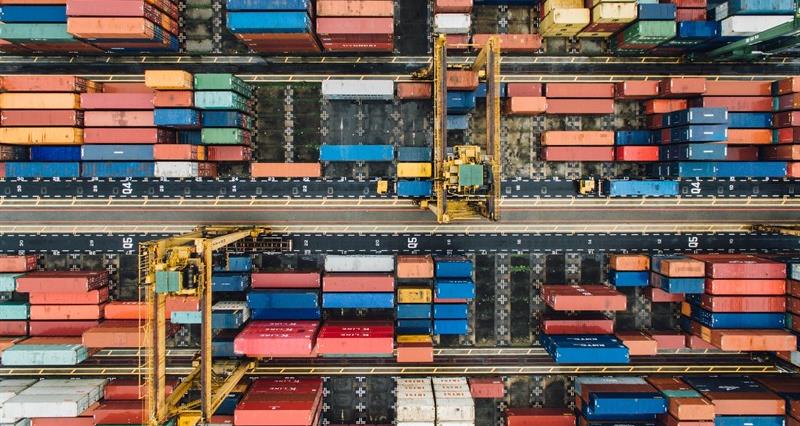The WFO (World Farmers’ Organisation) General Assembly was hosted by the FAO (Food and Agriculture Organisation of the United Nations) in Rome. This was the first time that the global organisation, tasked with combating world hunger, opened its doors to host such an event of world farmers.
The discussions were spread over two days, with day one dedicated to the WFO elections and policy discussions.
French farmer, Arnold Puech d’Alissac was re-appointment as WFO President for a second mandate (2024-2026) and Fiona Simson, former President of National Farmers’ Federation of Australia, was elected as WFO Vice President.
During the internal discussions, the conference adopted two policy papers – an update to the existing position on food security and a new document on nature and biodiversity.
Biodiversity and natural resources
The world farmers asked for more policy integration between biodiversity conservation and other agriculture policies, including climate change.
They also called for more involvement in international biodiversity and environmental negotiations, and to be able to access financial tools for the sustainable management of biodiversity and natural resources at farm level.
The list of recommendations was long. A unanimous policy document, based on the direct expressions of its members, highlights the advocacy role of the WFO.
Addressing global challenges
While in Rome, the NFU team took the opportunity to meet with a range of stakeholders to discuss global challenges including food security, sustainability and the role of farmers to achieve those goals.
They met with the two UK ambassadors representing the UK Government at the UN agencies and ambassadors to Italy and San Marino.
There are many discussions and initiatives emanating from Rome on the role of agriculture and trade policies, and the true cost of food. It was opportune to present the priorities of the NFU and the WFO to our ambassadors.
The team also met with FAO deputy director general, Beth Bechdol, who oversees the FAO’s work on emergencies which involves providing emergency agricultural assistance from the onset of a crisis and supporting countries experiencing food crisis.
The focus on agriculture at the FAO and the network of embassies around it is clear. But unfortunately it seems that farmers themselves don’t have much say or ability to interact directly themselves.
The NFU is, therefore, keen to engage more closely with the work of the FAO and to provide technical expertise linked to the global themes around sustainability and food security that have a direct consequence on members’ businesses.
Discussions and a need for action at the global level also provide food for thought when it comes to British domestic policy considerations.
Next steps at the G7
Italy holds the presidency of the G7 this year and the NFU will be back in Italy in September, when the G7 agriculture ministers will gather to determine future farm and economic policies.
Italian farming union partner, Coldiretti, took the initiative to set up a group of the G7 farming unions with the purpose of sending a strong signal to the farming ministers on the role and importance of farmers when it comes to finding the solution to global challenges.
This initiative puts the NFU at the forefront of the global debate on issues like food security, the role of trade and links with sustainability and climate change. It also reinforces relations with like-minded countries at a time of great political instability.
Events like these increase NFU visibility and advocacy on the international stage and also show our leadership on strategic policy priorities.



